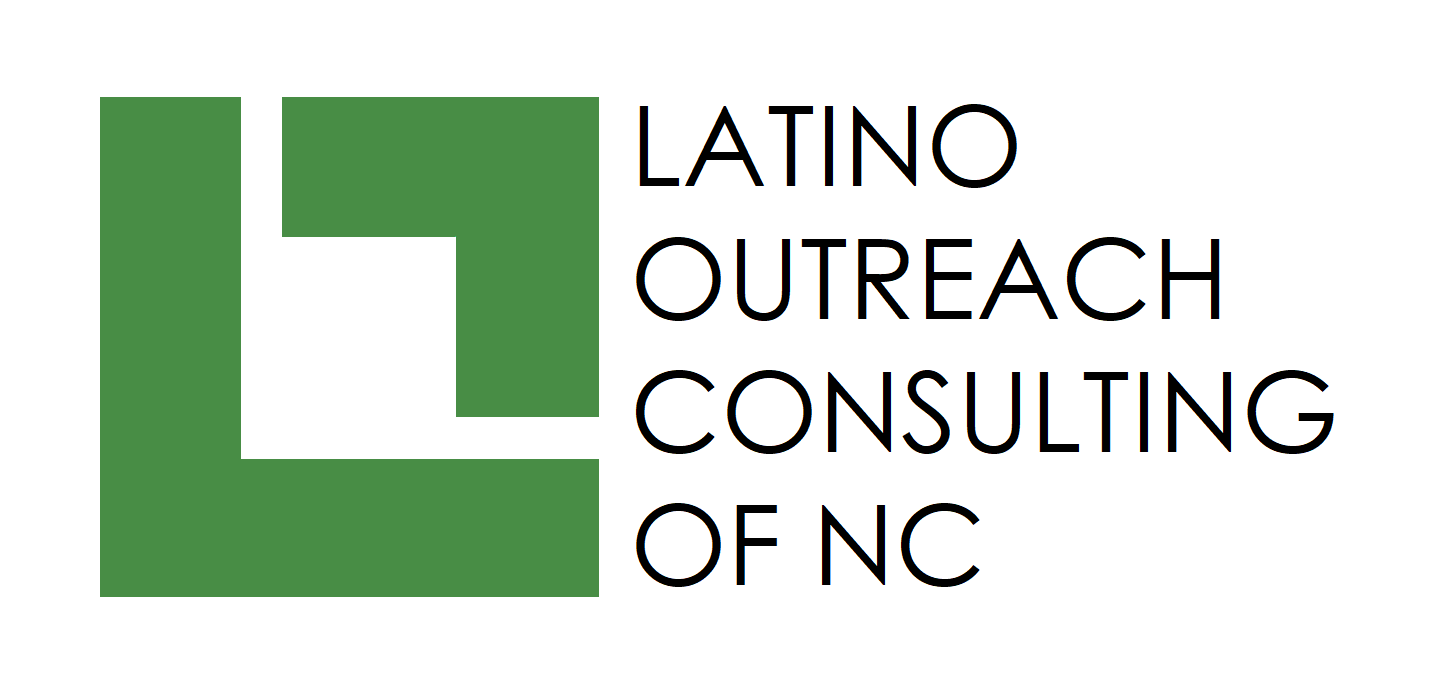Mental Health Interpreting: Unique Challenges and Practical Solutions
MENTAL HEALTH INTERPRETING:
UNIQUE CHALLENGES AND PRACTICAL SOLUTIONS
Arianna M. Aguilar
Latino Outreach Consulting of NC, Inc.
Abstract: Mental Health Interpreting is an important subset of study, since the issues encountered intersect with both medical and legal interpreting theory, practice and Code of Ethics. It involves complex and intimate interpersonal communication with individuals who may act, speak or think in unusual ways, and there are laws that may require the interpreter to break confidentiality or intervene. This book seeks to educate interpreters about these issues and offer practical solutions and best-practices to balance professionalism with quality care and patient safety.
I. IMPORTANCE OF STUDYING MENTAL HEALTH INTERPRETING
Mental Health Interpreting is an important subset of study, since the issues encountered intersect with both medical and legal interpreting theory, practice and Code of Ethics. It involves complex and intimate interpersonal communication with individuals who may act, speak or think in unusual ways, and there are laws that may require the interpreter to break confidentiality or intervene.
Surprisingly enough, mental health interpreting issues have not been properly studied or researched, and is scarcely mentioned in even the most prominent medical publications such as the Diagnostic and Statistical Manual of Mental Disorders, used by clinicians to diagnose mental disorders. Even within the interpreting community, there are no official positions on the role of the interpreter or code of ethics in mental health.
Since mental health encompasses medical, community and legal issues, we can deduce that the interpreter must follow the common precepts of recognized interpreting codes of ethics such as confidentiality, impartiality, faithfulness to message, non-involvement, duty to self-educate, etc.
However, the role of the mental health interpreter cannot be described as a precept of an absolute nature; rather, the situation will dictate the role of the interpreter at any given time, as the situations encountered in mental health do not always lend itself to a position of total non-involvement and invisibility.
Mental health professionals (and interpreters, by default) make ethical and professional decisions based on the following principles, as stated by the American Psychological Association: A) Beneficence and Nonmaleficence B) Fidelity and Responsibility C) Integrity D) Justice E) Respect for People’s Rights and Dignity (Ref 3). Hence, interpreters must shift their focus from strict adherence to an immutable professional code to a principle-based approach that balances professional duties with client welfare.
The main duty of the mental health interpreter remains the faithful conveyance of a message via speech, albeit in a conscientious manner with respect to beneficence and nonmaleficence by helping overcome communication obstacles caused by culture. Indeed, “psychiatrists pay close attention to speech. It is through speech that we understand what is on a person’s mind. You tell a story about your concerns and how they developed, and psychiatrists extract from this a pattern of illness” (Ref 9, p.227). Since diagnosis will take place mainly from self-reported symptoms and descriptions, it is obvious that the use of an unknowledgeable interpreter may distort the clinician’s view of the patient’s mental status, since the words or thoughts that the clinician will hear can be unconsciously or consciously filtered by the interpreter (Ref. 14).
Interpreters must also educate themselves on the emotional toll that mental health interpreting can have on an individual. As most seasoned interpreters know, in most fields (medical/legal/community), one rarely has the opportunity to continuously interpret for the same individual over a long period of time. However, as a mental health interpreter, one may very well follow the individual through the initial period of intake through months or even years of treatment, meet several family members and friends, and have to deal with the very personal and emotional effect of having intimate knowledge of another’s life and emotions. Interpreters do well to learn techniques that clinicians learn to deal with these and other obstacles.
This book has the objective to help practicing and knowledgeable interpreters build on their expertise and prepare themselves to better interpreter in the mental health field. Therefore, it will not go into an in-depth discussion of interpreting techniques, code of ethics or the role of the interpreter. Rather it will briefly explore the external and internal processes involved in mental health interpreting, as well as mental health laws that are of concern to interpreters.
